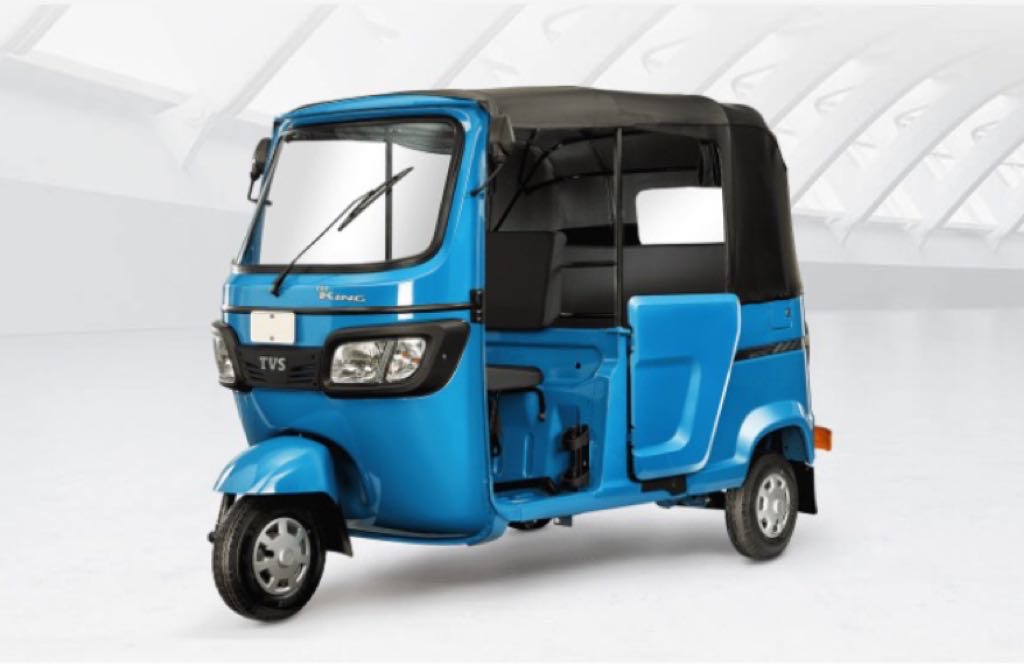
Hyundai Motor India Ltd is reportedly planning to enter the growing electric last-mile mobility segment, with a potential partnership with TVS Motor for the joint development of an electric three-wheeler. This initiative aligns with Hyundai’s efforts to adapt to the Indian market’s needs and accelerate the transition to zero-emission vehicles.
Hyundai’s Strategic Move
Hyundai aims to leverage its expertise in engineering and design while collaborating with TVS for local manufacturing under a contract agreement. This collaboration would mark Hyundai’s entry into a market segment that has seen significant growth, driven by increasing demand for sustainable mobility solutions.
Hyundai is also expected to share its micro-mobility vehicle architecture with TVS, a model similar to the South Indian automaker’s arrangement with BMW for two-wheeler manufacturing. This move underscores the growing trend of global and local automakers joining forces to tap into niche mobility segments.
Expanding Last-Mile Mobility Offerings
Hyundai’s plans are expected to materialise at the upcoming Bharat Mobility Show, where the automaker may showcase its last-mile mobility concept vehicles. Entering this market could also pave the way for Hyundai to introduce an app-based ride-pooling platform in India, similar to its Shucle service in South Korea. Shucle, launched in 2021, is a demand-responsive ride-pooling service designed to address local transportation challenges through real-time flexible routing.
Competition and Market Dynamics
The electric three-wheeler market in India is fiercely competitive, with established players such as Mahindra & Mahindra leading with over 40% market share. Bajaj Auto and startups like AltiGreen and Euler Motors have also carved out substantial niches. Ola Electric and Hero MotoCorp are other major contenders seeking to make an impact in the last-mile mobility segment.
The sector has witnessed rapid growth, with sales reaching 6,31,855 units between January and November 2024, a 20% year-on-year increase. The transition to electric three-wheelers has been driven by lower ownership costs, improved financing options and government incentives such as FAME-EMPS and PM E-Drive schemes. Fleet operators and last-mile logistics companies have also contributed to the growing demand.
Government Collaboration and Vision
Hyundai’s recent discussions with the Indian government could have influenced its decision to expand into last-mile mobility. Executive Chair Euisun Chung’s meeting with Prime Minister Narendra Modi in October 2024 focused on the development of India’s mobility industry and potential avenues for collaboration. Hyundai’s commitment to India’s diverse and reformist market conditions reflects its long-term vision for sustainable mobility in the region.
TVS Motor’s Role and Plans
TVS Motor, which has been eyeing the electric last-mile mobility space, is also set to launch its own electric three-wheeler in 2025. A partnership with Hyundai would allow TVS to benefit from Hyundai’s engineering and design expertise while contributing its manufacturing capabilities.
Outlook for Electric Three-Wheelers
The electric three-wheeler segment is poised for further growth, with an estimated 7,00,000 units expected to be sold by the end of 2024. The segment, encompassing passenger rickshaws and cargo models, continues to evolve as manufacturers introduce more advanced and affordable products to meet rising consumer demand.
While neither Hyundai nor TVS has commented on the reported developments, a partnership between the two could significantly influence the trajectory of India’s electric vehicle market, particularly in the fast-growing last-mile mobility segment. The collaboration could also signal a broader trend of global-local partnerships shaping the future of sustainable transportation in India.




